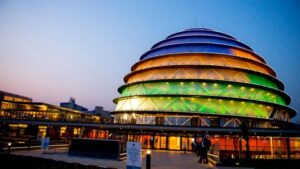Introduction
Africa’s real estate market presents a compelling opportunity for investors seeking lucrative ventures amidst the continent’s rapid urbanization and economic growth. Within this landscape, discerning the ideal cities for rental property investment becomes paramount.
Are you searching for the next big opportunity in real estate investment? Look no further! This article explores the top and the best cities in Africa offering promising prospects for rental property ventures.
Delve into this comprehensive guide to discover the pulsating hubs where real estate dreams meet unprecedented opportunities. Get ready to explore vibrant urban landscapes where real estate dreams turn into lucrative realities!
Some of these cities include but not limited to:
1. Nairobi, Kenya:
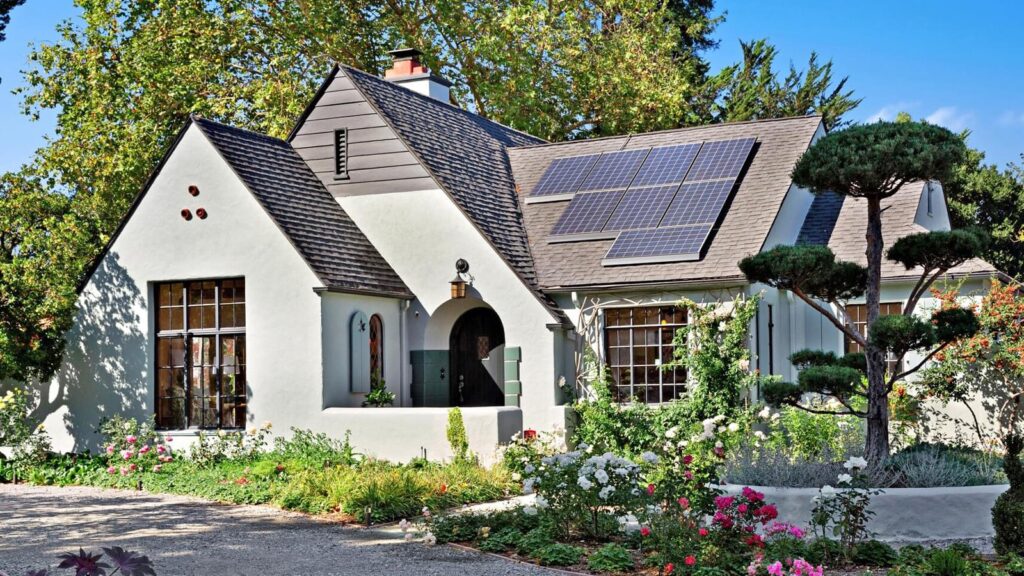
Nairobi, the vibrant capital city of Kenya, stands out as a prime destination for rental property investment. With a booming population and a diverse economy driven by finance, technology, and tourism, Nairobi’s appeal is further heightened by its strategic location as a regional hub. This combination of factors attracts both local and international tenants seeking urban convenience and opportunity. In sought-after areas like Westlands, Kilimani, and Karen, Nairobi offers promising prospects for rental investments.
Pros:
- Boasts strong rental demand fueled by a growing population and expanding middle class.
- Enjoys a thriving economy offering stable employment opportunities, ensuring a steady flow of tenants.
- Serves as a strategic regional hub, attracting expatriates, business travelers, and students, diversifying the rental market.
- Benefits from ongoing infrastructure projects, such as road expansions and modern amenities construction, enhancing livability and tenant attractiveness.
Cons:
- Experiences traffic congestion: Nairobi grapples with notorious traffic, particularly during peak hours, deterring hassle-free commutes.
- Presents security concerns: Despite recent improvements, certain areas of Nairobi still face security challenges, necessitating additional landlord investment in security features.
- Features high property prices: Property costs in Nairobi’s prime neighborhoods can be prohibitive, hindering entry for some investors.
- Encounters infrastructure gaps: Nairobi still struggles with infrastructure deficiencies in crucial areas like water supply and waste management, impacting rental property maintenance.
- Average Rental Yields: While the average rental rate in Nairobi is around KSh 230,000 per month for houses, the rental yield is around 6% to 8%, depending on the neighbourhood and property type.
- Popular Rental Segments: Apartments, townhouses, and commercial spaces.
- Key Amenities: Shopping malls, international schools, healthcare facilities, and recreational centers.
- Rental Market Trends: Increasing demand for furnished apartments, co-living spaces, and mixed-use developments catering to modern lifestyles.
2. Accra, Ghana:
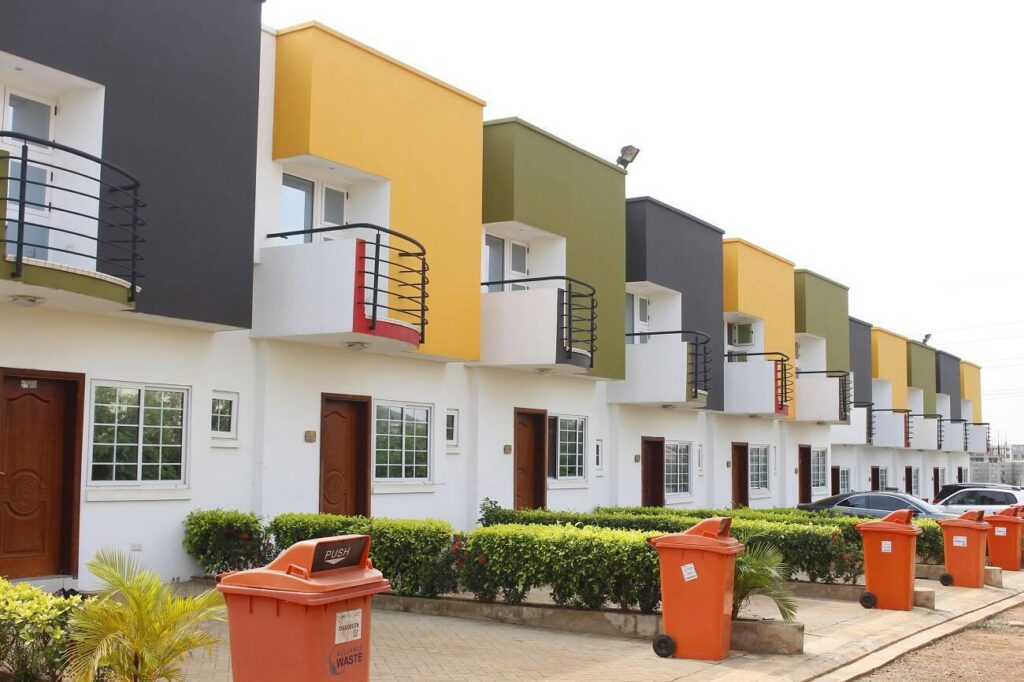
Accra, the bustling capital city of Ghana, stands out as an attractive destination for rental property investment. Situated on the West African coast, Accra offers a unique blend of tradition and modernity, attracting both local and expatriate residents. With a stable economy, growing middle class, and urbanization, Accra presents a thriving rental market. In sought-after areas like East Legon, Airport Residential, and Cantonments, rental property demand is particularly high.
Pros:
- Boasts a stable and growing economy that contributes to a reliable rental market, attracting tenants from various demographics.
- Witnesses rising urbanization due to the rapid population growth.
- Hosts an expatriate community across sectors such as oil and gas, finance, and international organizations.
- Accra offers a diverse tenant base with higher rental budgets.
- Serves as a tourism hub especially in neighbourhood close to attractions and business districts.
Cons:
- Requires significant initial investments due to high property prices in prime areas of Accra, despite potentially favorable rental yields.
- Wrestles still with infrastructure issues such as traffic congestion, inadequate waste management, and intermittent power supply, which can diminish the attractiveness of certain neighborhoods.
- Has complex land tenure system, incorporating leasehold and customary land ownership, and demands thorough due diligence from property investors.
- Average Rental Yields: Typically range from 6% to 10%, depending on the property type and location.
- Popular Rental Segments: Apartments, detached houses, and commercial spaces, with furnished options in high demand among expatriates.
- Key Amenities: Shopping malls, international schools, healthcare facilities, and recreational centres, particularly in affluent neighborhoods like East Legon, Cantonments, and Airport Residential Area.
- Rental Market Trends: Increasing demand for serviced apartments, mixed-use developments, and eco-friendly housing options catering to modern lifestyles and sustainability preferences.
3. Lagos, Nigeria:

Lagos, the bustling economic hub of Nigeria, stands out as an exceptional destination for rental property investment. As the commercial nerve centre of West Africa, Lagos offers a dynamic economy fuelled by diverse sectors such as finance, technology, and entertainment, attracting both local and international tenants seeking opportunities in Africa’s largest consumer market. Being one of Africa’s largest and fastest-growing cities, Lagos provides a vast rental market, with areas like Ikoyi, Victoria Island, Lekki, and Epe being particularly popular for rental investments.
Pros:
- Boasts a rapidly growing population that makes it one of the most populous cities in Africa. Offers abundant employment opportunities and entrepreneurial prospects, attracting migrants from across the country and beyond.
- Enjoys significant infrastructure upgrades, including road expansions, transportation improvements, and the development of modern amenities.
- Boasts a diverse range of neighborhoods catering to different rental preferences, from the upscale enclaves of Ikoyi and Victoria Island to the bustling suburbs of Lekki and Ikeja.
- Offers a thriving rental market with opportunities for both residential and commercial property investments.
Cons:
- Grapples with infrastructural deficits, including traffic congestion, inadequate public transportation, and intermittent power supply. These challenges can affect the appeal of certain neighborhoods and impact property maintenance costs for landlords.
- Experiences complex land tenure system and cumbersome property registration processes which seems as a hurdle that requires meticulous due diligence and legal expertise to navigate effectively.
- Faces security challenges, particularly in certain areas prone to crime.
- Average Rental Yields: Typically range from 5% to 10%, depending on the property type, location, and market conditions.
- Popular Rental Segments: Residential apartments, duplexes, office spaces, and retail units, with furnished options and serviced apartments in high demand among expatriates and corporate clients.
- Key Amenities: Shopping malls, international schools, healthcare facilities, recreational centres, and cultural attractions, catering to diverse lifestyle needs and preferences.
- Rental Market Trends: Emerging trends include the rise of co-working spaces, mixed-use developments, and luxury residential complexes offering premium amenities and lifestyle experiences.
4. Cape Town, South Africa:

Cape Town’s beauty and diverse economy attract tenants, especially in neighborhoods such as Camps Bay, Sea Point, and the City Bowl. Nestled along the southwestern coast of South Africa, Cape Town emerges as an enchanting locale for rental property investment. With stunning natural beauty, a thriving economy, and a rich cultural tapestry, Cape Town beckons both local and international tenants seeking urban sophistication and outdoor adventure. Its premier tourist status, burgeoning tech scene, and flourishing creative industries make it a magnet for residents, ensuring a vibrant rental market.
Pros:
- Boasts scenic beauty that contributes to its allure, attracting tenants seeking a high quality of life.
- Hosts a diverse economy encompassing finance, technology, manufacturing, and creative industries.
- Serve as a cultural hub.
- Cater to various lifestyles and preferences through the cosmopolitan atmosphere and diverse neighborhoods.
- Boasts modern infrastructure, excellent healthcare facilities, reputable educational institutions, and a burgeoning culinary scene.
Cons:
- Offers high rate property prices in prime areas of Cape Town, like the Atlantic Seaboard and City Bowl.
- Experiences fluctuating rental demand and short-term rental opportunities due to the seasonal tourism.
- Grapples with challenges such as traffic congestion, water scarcity, and housing affordability issues in certain areas, impacting property values and rental returns.
- Average Rental Yields: Typically range from 5% to 8%, depending on the property type, location, and market conditions.
- Popular Rental Segments: Apartments, townhouses, and luxury villas, with furnished options and short-term rentals catering to both local residents and tourists.
- Key Amenities: Shopping malls, world-class restaurants, top-rated schools, healthcare facilities, and outdoor recreational activities, contributing to Cape Town’s reputation as a desirable place to live and invest.
- Rental Market Trends: Emerging trends include the development of mixed-use precincts, eco-friendly housing solutions, and innovative co-living spaces catering to millennial and young professionals.
5. Namibia:

Famous for its surreal landscapes like the towering dunes of Sossusvlei and vast Etosha National Park, Namibia is an outdoor enthusiast’s paradise. Try sand boarding in the Namib Desert, spot wildlife at Etosha’s waterholes, or marvel at the eerie Skeleton Coast. With dramatic landscapes and endless adventure opportunities, Namibia is a photographer’s dream and a haven for outdoor lovers.
Pros:
- Offers spectacular landscapes, including the towering dunes of Sossusvlei, the otherworldly Skeleton Coast, and the vast Etosha Pan.
- Provides abundant wildlife in Etosha National Park, including elephants, lions, and rhinos.
- Creates opportunity Adventure activities such as sandboarding, quad biking, and hot air ballooning over the desert.
- Remote and pristine wilderness areas with limited tourist crowds.
Cons:
- Have long distances between attractions necessitate careful planning and possibly long drives.
- Have areas, particularly in the desert, that are extremely hot during the day and cold at night.
- Lack infrastructure in remote regions.
- Currency: Namibian Dollar (NAD) and South African Rand (ZAR) are both widely accepted.
- Capital: Windhoek
- Language: English is the official language, although various indigenous languages are also spoken.
- Visa: Most nationalities can enter Namibia visa-free for stays of up to 90 days.
- Best Time to Visit: The best time to visit is during the dry season (May to October) when wildlife congregates around waterholes, although Namibia can be visited year-round.
5. Dar es Salaam, Tanzania:

Dar es Salaam’s status as Tanzania’s economic centre drives rental demand, especially in areas like Oyster Bay, Masaki, and Mikocheni. Situated along the picturesque Indian Ocean coast, Dar es Salaam serves as Tanzania’s primary commercial hub and a gateway to East Africa. Its strategic location, coupled with on-going infrastructure developments and a burgeoning middle class, makes it a thriving rental market ripe with opportunities for investors seeking stability and growth in the African real estate landscape.
Pros:
- Offers a robust economic growth, fuelled by finance, telecommunications, and trade sectors.
- Attracts expatriates, business travelers, and migrants, boosting demand for properties.
- Enjoys various on-going projects like road expansions and port upgrades enhance Dar es Salaam’s appeal, attracting tenants and investors while modernizing the city.
- Offers varied neighborhoods, from the central business district to coastal suburbs, catering to different lifestyles and rental demographics.
Cons:
- Grapples with infrastructural constraints such as traffic congestion, inadequate public transportation, and intermittent power supply, potentially affecting neighbourhood attractiveness and property values.
- Has property market marked by undocumented transactions and settlements, which presents challenges for investors in ownership, tenure security, and legal compliance, requiring thorough due diligence and legal support.
- Has a regulation, including property registration and tenancy laws, that demands careful consideration and compliance to prevent legal complications and disputes.
- Average Rental Yields: Typically range from 6% to 9%, depending on the property type, location, and market conditions.
- Popular Rental Segments: Apartments, condominiums, office spaces, and retail units, with furnished options and serviced apartments catering to expatriates and corporate clients.
- Key Amenities: Shopping malls, international schools, healthcare facilities, recreational centres, and cultural attractions, contributing to Dar es Salaam’s livability and attractiveness to residents and tenants.
- Rental Market Trends: Emerging trends include the development of mixed-use precincts, affordable housing projects, and sustainable urban solutions addressing housing shortages and environmental concerns.
6. Johannesburg, South Africa:
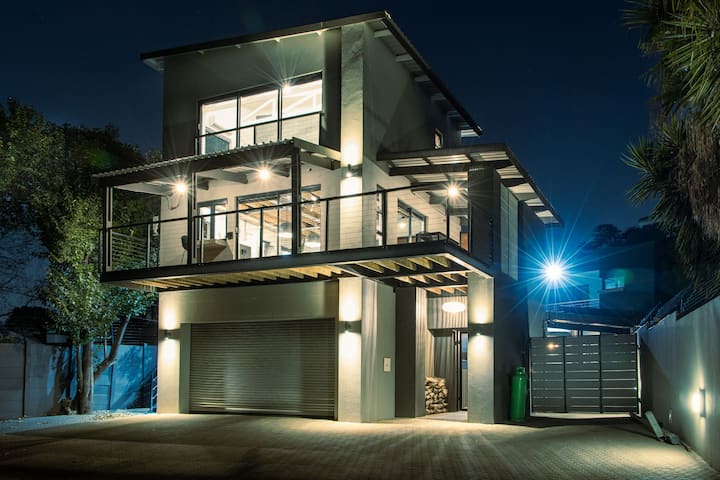
Johannesburg’s status as South Africa’s financial hub ensures a steady rental market, particularly in suburbs like Sandton, Rosebank, and Parkhurst. Positioned as the vibrant economic heart of South Africa, Johannesburg offers a dynamic mix of economic opportunity, cultural diversity, and urban lifestyle. Its strategic location, coupled with a thriving economy and on-going infrastructure developments, makes it a lucrative rental market with ample opportunities for investors seeking stability and growth in the African real estate landscape.
Pros:
- Has a robust rental market, fuelled by diverse sectors such as finance, mining, technology, and creative industries.
- Offers abundant employment opportunities, attracting professionals, expatriates, and migrants seeking career advancement and economic prosperity.
- Enjoys on-going infrastructure projects, including road upgrades, public transportation expansions, and the development of modern amenities that enhance Johannesburg’s attractiveness to tenants.
Cons:
- Struggles with crime and security challenges, particularly in certain areas characterized by socio-economic disparities and informal settlements.
- Struggles to cope with the city’s growing population and vehicle ownership, leading to traffic congestion during peak hours.
- Experience fluctuations in demand and property prices due to factors such as economic conditions, political stability, and global market trends.
- Average Rental Yields: Typically range from 5% to 9%, depending on the property type, location, and market conditions.
- Popular Rental Segments: Apartments, townhouses, office spaces, and retail units, with furnished options and serviced apartments catering to expatriates and corporate clients.
- Key Amenities: Shopping malls, international schools, healthcare facilities, recreational centres, and cultural attractions, contributing to Johannesburg’s livability and attractiveness to residents and tenants.
- Rental Market Trends: Emerging trends include the development of mixed-use precincts, affordable housing projects, and sustainable urban solutions addressing housing shortages and environmental concerns.
7. Abuja, Nigeria:
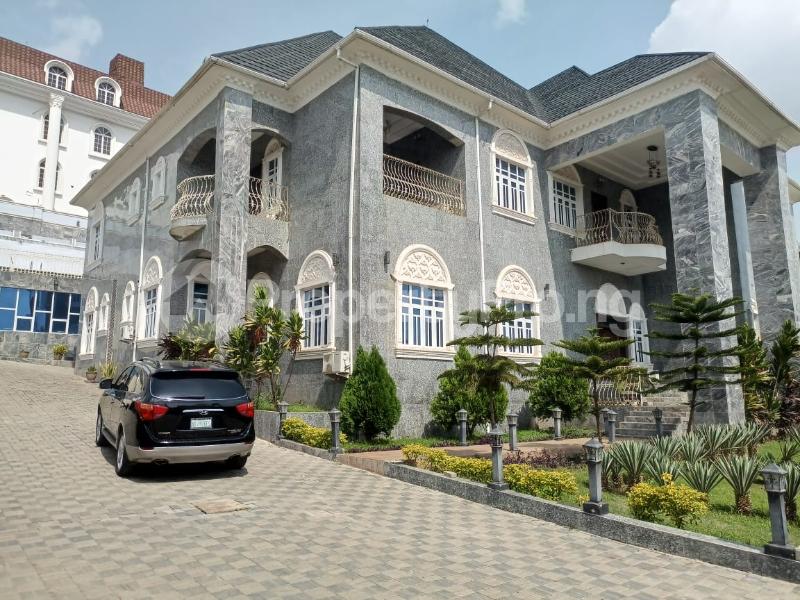
Nigeria’s capital city, Abuja, offers a growing rental market, especially in areas like Asokoro, Maitama, and Wuse. Situated in the heart of the country, Abuja serves as Nigeria’s political center and a hub for government institutions, diplomatic missions, and multinational corporations. Its strategic location, coupled with a burgeoning economy and rapid urbanization, makes it a lucrative rental market with abundant opportunities for investors seeking stability and growth in the African real estate landscape.
Pros:
- Drives a resilient rental market, fuelled by government-related activities, diplomatic missions, and corporate headquarters.
- Offers modern amenities, improved transportation networks, and enhanced liability, attracting residents and tenants seeking quality accommodation and urban conveniences.
- Offers abundant business opportunities and employment prospects, attracting professionals, entrepreneurs, and expatriates to the city.
Cons:
- Offers high property prices in prime areas of Abuja, such as Asokoro, Maitama, and Garki.
- Faces infrastructural challenges such as traffic congestion, inadequate public transportation, and intermittent power supply.
- Average Rental Yields: Typically range from 6% to 10%, depending on the property type, location, and market conditions.
- Popular Rental Segments: Luxury apartments, diplomatic residences, office spaces, and retail units, with furnished options and serviced apartments catering to expatriates and corporate clients.
- Key Amenities: Shopping malls, international schools, healthcare facilities, recreational centres, diplomatic enclaves, and government institutions, contributing to Abuja’s appeal as a premier residential and business destination.
- Rental Market Trends: Emerging trends include the development of mixed-use precincts, upscale residential estates, and smart city initiatives leveraging technology and sustainability principles.
Overview of Best Cities for Rental Properties in Africa:

Africa presents a plethora of opportunities for rental property investment, with several cities standing out for their economic vibrancy, population growth, and urban development. Some of the top cities for rental properties include Nairobi (Kenya), Accra (Ghana), Lagos (Nigeria), Cape Town (South Africa), Dar es Salaam (Tanzania), and Johannesburg (South Africa). Each city offers unique advantages, ranging from stable economies and growing populations to strategic locations and diverse rental markets.
How to Choose Best Cities for Rental Properties in Africa:
When selecting the best cities for rental properties in Africa, investors should consider various factors, including economic stability, population growth, rental demand, infrastructure development, regulatory environment, and market trends. Conducting thorough market research, analyzing demographic trends, assessing rental yields and property prices, and seeking local expertise are essential steps in making informed investment decisions.
Pros & Cons of Best Cities for Rental Properties in Africa:
Pros:
- Ensure economic stability and growth potential
- Cater to diverse rental markets
- Provide access to strategic locations
Cons:
- Experiences Infrastructural challenges such as traffic congestion and power supply issues
- Offers regulatory complexities and legal hurdles
- Grapples with security concerns in certain areas
- Subject to market volatility influenced by economic and political factors
What to Watch Out For
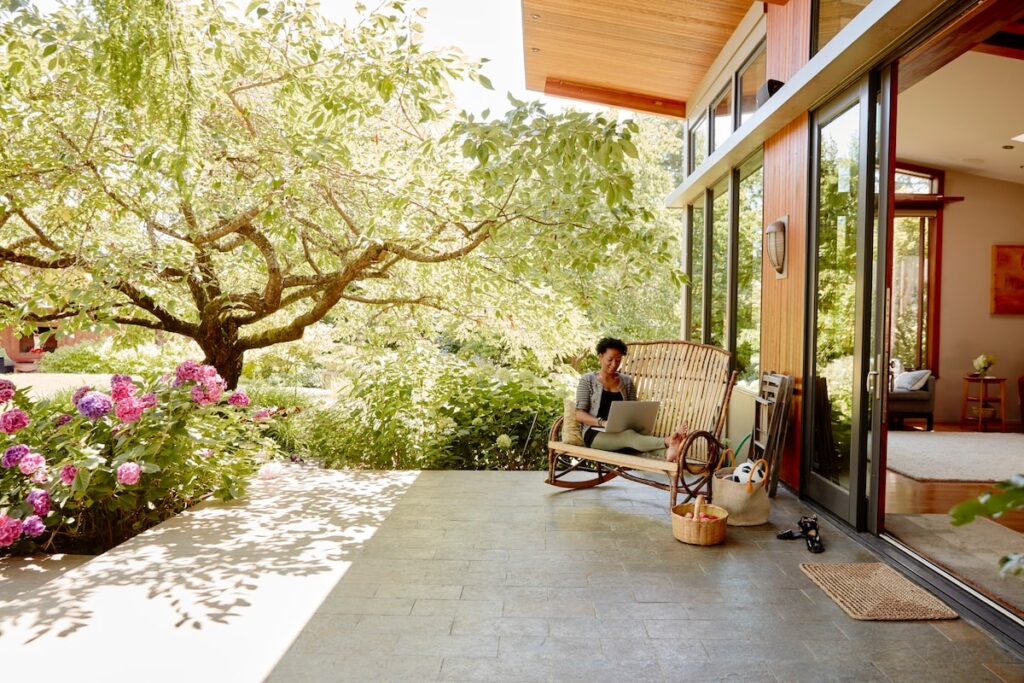
It’s crucial for you to be cautious of property informality, land tenure issues, and informal settlements prevalent in some African cities.
Ensure you understand local market dynamics, cultural nuances, and a socio-economic disparity is essential for mitigating risks and maximizing returns.
Keep abreast of regulatory changes, monitor macroeconomic indicators, and conduct due diligence to navigate challenges effectively.
Pro Tips
- Diversify your investment portfolio across multiple cities to spread risk and capitalize on varying market conditions.
- Focus on long-term fundamentals such as population growth, economic diversification, and infrastructure development.
- Build relationships with local real estate agents, property managers, and legal advisors to gain insights and navigate the market effectively.
- Consider investing in emerging neighborhoods with growth potential and affordable entry points.
- Stay flexible and adapt to market dynamics by adjusting rental strategies and property management practices as needed.
Recap
In conclusion, investing in rental properties in Africa presents enticing opportunities for investors. However, success in this venture requires a deep understanding of the market landscape, including its dynamics, risks, and potential rewards. By carefully selecting cities with stable economies, growing populations, and favorable rental markets, investors can position themselves to capitalize on the continent’s urbanization and economic growth.
Nevertheless, it’s essential to remain vigilant and proactive in navigating challenges such as infrastructure constraints, regulatory complexities, and market volatility. With diligence, expertise, and strategic planning, investors can build a profitable and resilient rental property portfolio in Africa’s dynamic real estate market, ultimately realizing their investment goals.











